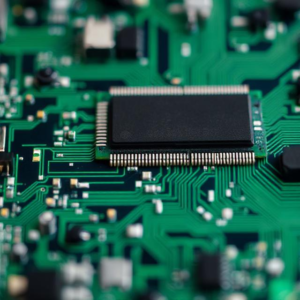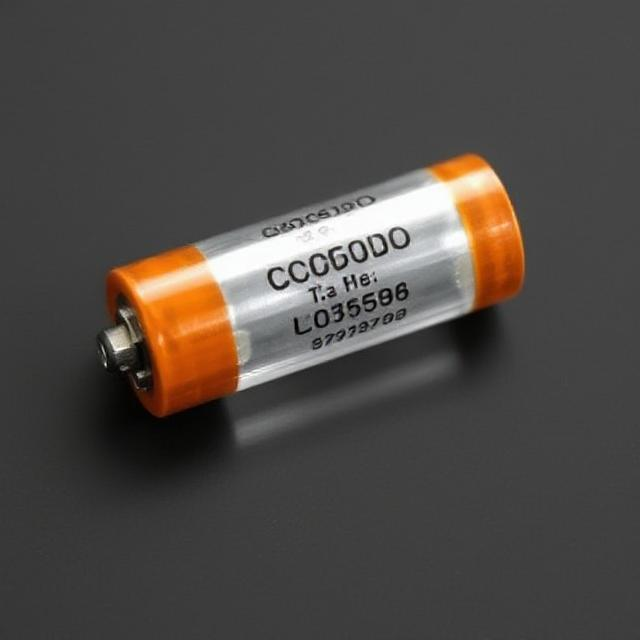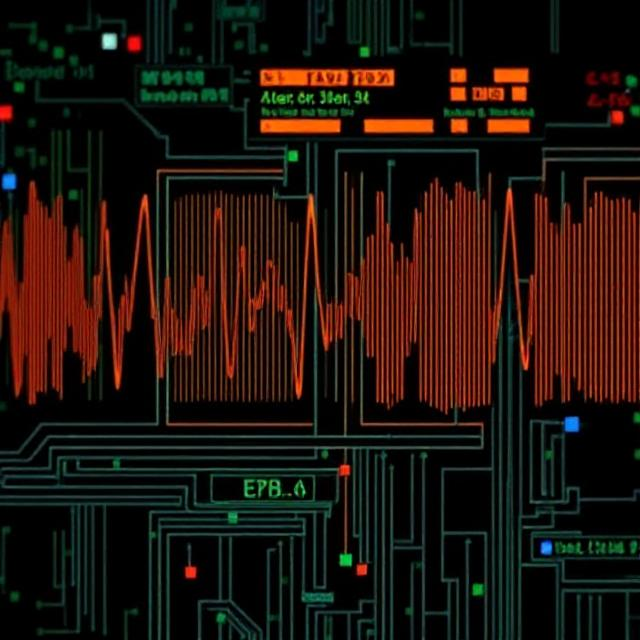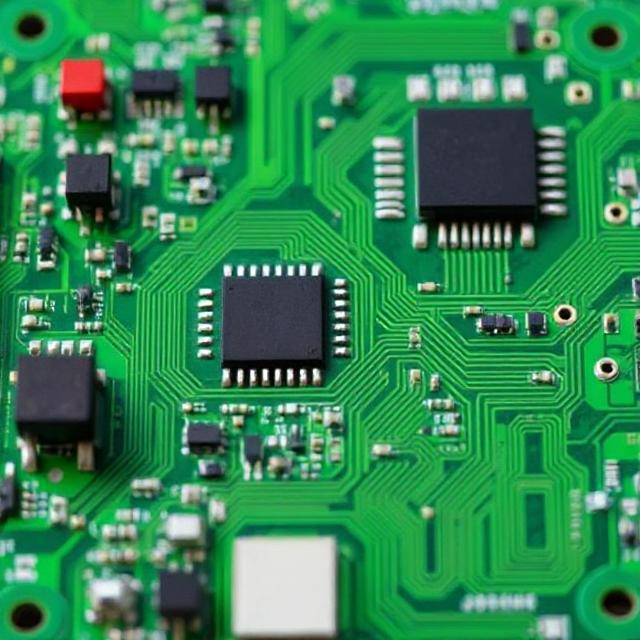1. What is a Memristor?
A memristor is a type of electronic component, like a resistor, capacitor, or inductor. However, it’s unique because it has a special ability: it “remembers” the amount of electrical charge that has passed through it, even after the power is turned off.
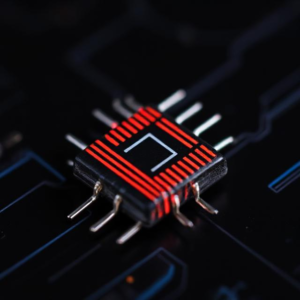
2. Why is it Called “Memristor”?
The name comes from two parts:
- Memory: Because it can remember things (like the charge that passed through it).
- Resistor: Because it resists the flow of electrical current, just like a normal resistor.
So, in a way, a memristor is a resistor that also has memory.
3. How Does It Work?
Memristors change their resistance based on the amount of electric charge that has passed through them. When you apply voltage to a memristor, its resistance will change depending on the current that flowed through it.
- If a lot of current flows through it, its resistance becomes higher.
- If a little current flows through it, its resistance becomes lower.
And here’s the interesting part: even if you turn off the power, the memristor will still “remember” its resistance from before. When you turn the power back on, it will behave based on the last state it was in.
4. Why is it Important?
Memristors have the potential to revolutionize computing and storage systems for a few reasons:
- Non-Volatility: Like flash memory, a memristor doesn’t lose information when the power is off.
- Energy Efficiency: They can use less power than traditional memory or storage devices.
- Faster Computing: They could potentially make computers faster by handling both data processing and storage in the same device.
5. Applications:
- Memory Storage: Memristors could be used to create more efficient and faster memory storage devices.
- Neuromorphic Computing: They could simulate the behavior of the human brain, which also “remembers” things based on electrical signals. This could lead to more powerful AI systems.
- Computing at the Edge: Instead of transferring data back and forth to a central server, memristors could store and process data right where it’s needed, saving time and energy.
6. Summary:
A memristor is a special electronic component that “remembers” the amount of electrical current that passed through it. It can change its resistance depending on the charge that flows through it and can retain that memory even after the power is turned off. Memristors are important because they could make future computers and storage systems faster, smaller, and more energy-efficient.


